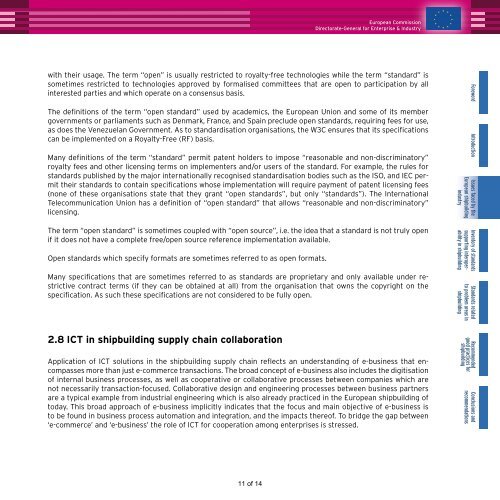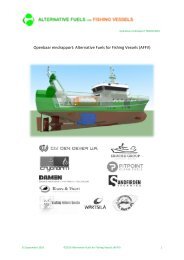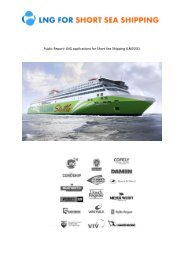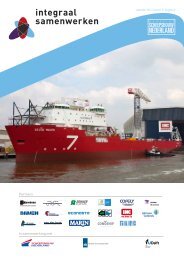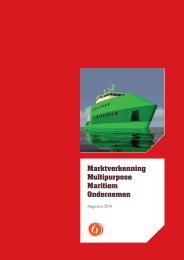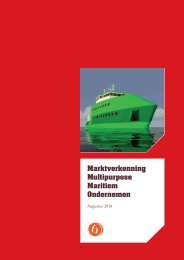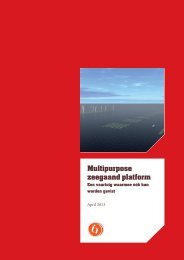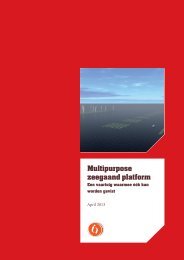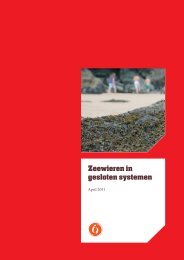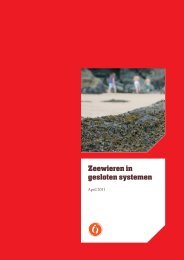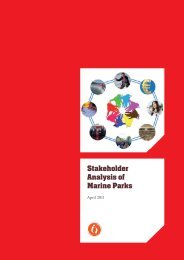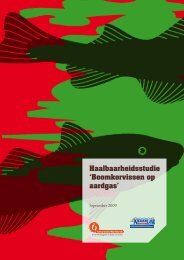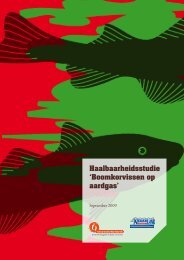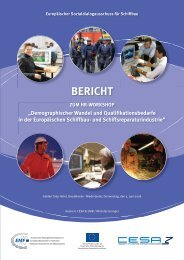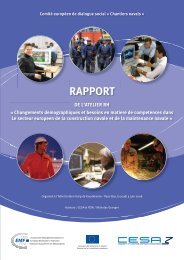Euromind (2009)
Creating an innovative European Open Maritime Industry through facilitating integration of standards into new business practices & services.
Creating an innovative European Open Maritime Industry through facilitating integration of standards into new business practices & services.
Create successful ePaper yourself
Turn your PDF publications into a flip-book with our unique Google optimized e-Paper software.
European Commission<br />
Directorate-General for Enterprise & Industry<br />
with their usage. The term “open” is usually restricted to royalty-free technologies while the term “standard” is<br />
sometimes restricted to technologies approved by formalised committees that are open to participation by all<br />
interested parties and which operate on a consensus basis.<br />
The definitions of the term “open standard” used by academics, the European Union and some of its member<br />
governments or parliaments such as Denmark, France, and Spain preclude open standards, requiring fees for use,<br />
as does the Venezuelan Government. As to standardisation organisations, the W3C ensures that its specifications<br />
can be implemented on a Royalty-Free (RF) basis.<br />
Many definitions of the term “standard” permit patent holders to impose “reasonable and non-discriminatory”<br />
royalty fees and other licensing terms on implementers and/or users of the standard. For example, the rules for<br />
standards published by the major internationally recognised standardisation bodies such as the ISO, and IEC permit<br />
their standards to contain specifications whose implementation will require payment of patent licensing fees<br />
(none of these organisations state that they grant “open standards”, but only “standards”). The International<br />
Telecommunication Union has a definition of “open standard” that allows “reasonable and non-discriminatory”<br />
licensing.<br />
The term “open standard” is sometimes coupled with “open source”, i.e. the idea that a standard is not truly open<br />
if it does not have a complete free/open source reference implementation available.<br />
Open standards which specify formats are sometimes referred to as open formats.<br />
Many specifications that are sometimes referred to as standards are proprietary and only available under restrictive<br />
contract terms (if they can be obtained at all) from the organisation that owns the copyright on the<br />
specification. As such these specifications are not considered to be fully open.<br />
Foreword Introduction Issues faced by the<br />
European shipbuilding<br />
industry<br />
Inventory of standards<br />
supporting interoperability<br />
in shipbuilding<br />
Standards related<br />
to problem areas in<br />
shipbuilding<br />
2.8 ICT in shipbuilding supply chain collaboration<br />
Application of ICT solutions in the shipbuilding supply chain reflects an understanding of e-business that encompasses<br />
more than just e-commerce transactions. The broad concept of e-business also includes the digitisation<br />
of internal business processes, as well as cooperative or collaborative processes between companies which are<br />
not necessarily transaction-focused. Collaborative design and engineering processes between business partners<br />
are a typical example from industrial engineering which is also already practiced in the European shipbuilding of<br />
today. This broad approach of e-business implicitly indicates that the focus and main objective of e-business is<br />
to be found in business process automation and integration, and the impacts thereof. To bridge the gap between<br />
‘e-commerce’ and ‘e-business’ the role of ICT for cooperation among enterprises is stressed.<br />
Recommended<br />
good practices for<br />
shipbuilding<br />
Conclusions and<br />
recommendations<br />
11 of 14


